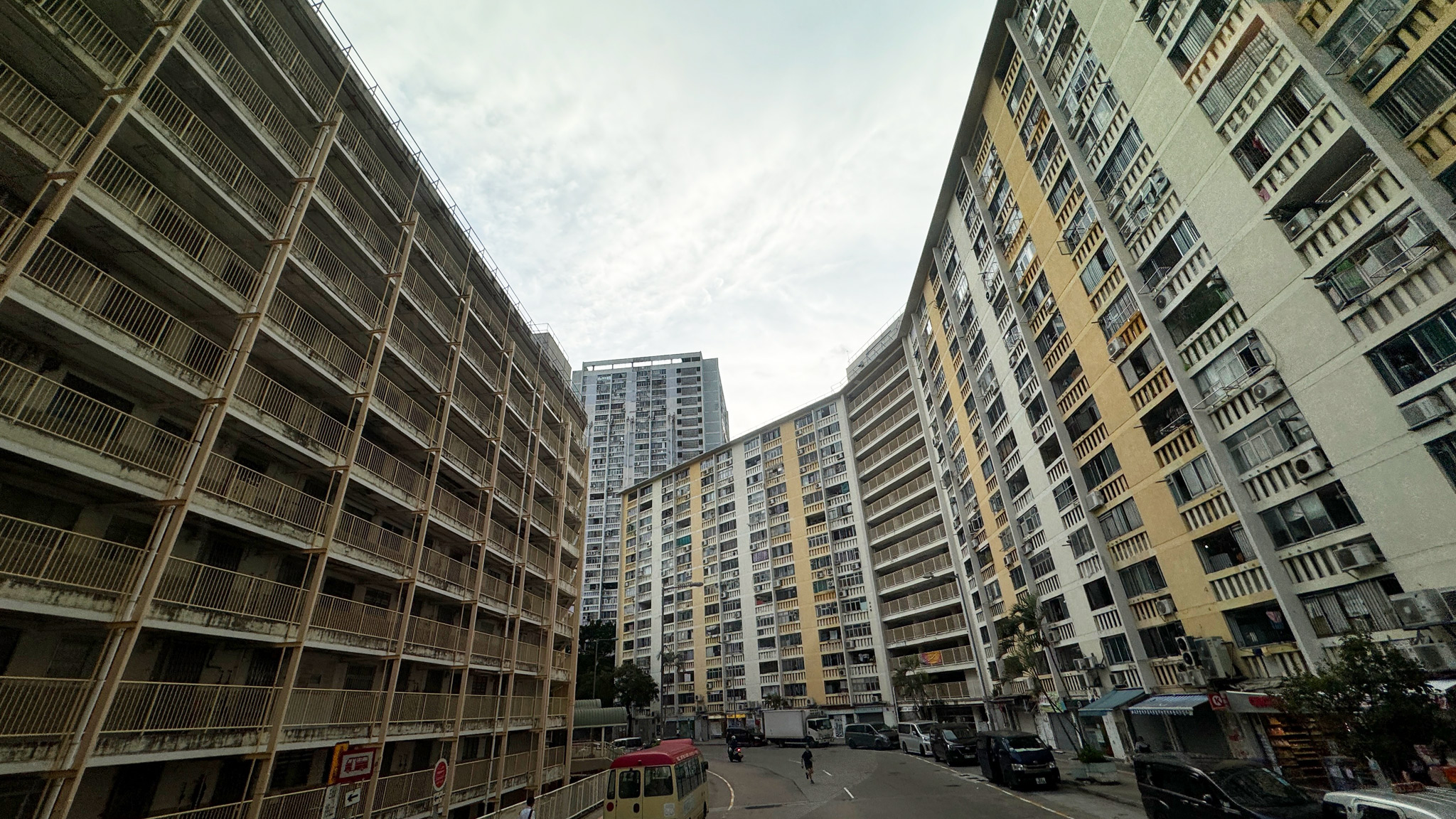
Experts have called for new policy initiatives to enrich specialists in primary healthcare services and enhance supporting infrastructure for public housing projects, as residents identified healthcare and public housing as top priorities for the Hong Kong Special Administrative Region government’s forthcoming Policy Address.
In July, Chief Executive John Lee Ka-chiu kicked off public consultation for his third Policy Address, scheduled to be delivered on Oct 16, to gather opinions on driving the economy and understand the public’s expectations of the government.
In a study released on Sunday, Hong Kong residents rated the SAR government’s governance over the past two years with an average score of 5.8 out of 10. The research is based on a survey interviewing 713 adults aged between 18 and 65 that was conducted between July 20 and Sep 9.
The Society for Community Organization (SoCO), a Hong Kong-based non-profit group that launched the survey, cautioned that public satisfaction with governance has fallen for two consecutive years, from 6.8 in 2022 to 6.4 in 2023.
ALSO READ: CE to deliver Policy Address on Oct 16
About 48 percent of the respondents viewed healthcare as the most pressing issue that the government should tackle in the new policy address.
David Lam Tzit-yuen, who represents the medical sector in the city’s legislature, said he had submitted suggestions regarding the healthcare industry to the administration, and he hopes to see more favored measures for expanding primary healthcare in Lee’s new policy address.
In 2022, Lee’s administration published the Primary Healthcare Blueprint, with the goal of creating a well-functioning network that can manage and enhance residents’ health in the community level through more efficient integration of existing medical resources.
So far, seven District Health Centres (DHC) and 11 small-scale service stations (DHC Expresses), have been established in all 18 districts of Hong Kong, offering services such as chronic disease management, health promotion and family doctor pairing.
Currently, medical practitioners, dentists and traditional Chinese medicine practitioners who have been registered in the city can apply to be enrolled in the Primary Care Directory to deliver services through the primary healthcare network.
Lam told China Daily that the next step should be to broaden the scope of the directory to include more medical specialists in response to the diverse medical needs in the community.
“We need clinical therapists in the community because more and more people are suffering from mental illness. We also need dieticians to tell people with diabetes and other chronic diseases what they should or should not eat,” Lam added.
READ MORE: Public housing design guidelines unveiled to boost well-being
If more basic medical services are available in the community at government-subsidized prices, overcrowding in public hospitals can be alleviated, which is another goal of promoting primary care, added Lam.
The lawmaker also hopes the authorities would keep differentiating the positioning of DHCs with general out-patient clinics or hospitals in the future.
In Lam’s view, DHCs should not be developed into cumbersome institutions. Instead of treating every patient directly, he said DHCs should serve as coordinators, pairing patients with community healthcare specialists to maximize the utilization of available medical resources.
“Of course, when there is a shortage of relevant professionals in the district, DHCs can still purchase services from other districts or employ doctors to serve residents,” the legislator added.
The survey also found that 63.4 percent of respondents believed land supply and housing shortages should be the authorities’ primary focus.
Tai Po district councilor Lo Hiu-fung acknowledged the government’s effort to build more public housing estates, but urged accelerating the construction of public facilities to support those public housing projects.
In an interview with China Daily, Lo cited the traffic bottleneck encountered by people living in Fu Tip Estate, a large public housing estate in northern Tai Po.
The estate’s first and second phases of construction were completed in 2021 and earlier this year, respectively. With thousands of residents, the bus terminal in the estate only offers one full-day double-deck bus route.
“Many people told me they have to take buses at the neighboring Fu Heng Estate,” said Lo.
In July, the government resumed four sections of land in To Yuen Tung, Tai Po, for the development of a new public housing project that will provide 2,300 units.
The councilor said the government planned years ago to build a new sports center near To Yuen Tung, but construction has yet to commence. He said he hopes the SAR government could hasten the construction of the sports facility so that current and future residents will benefit more.
“Don't always wait for people to arrive and then start building facilities. Early construction may incur additional costs, but in the long term, it is very beneficial in vitalizing the community, and such economic benefits should not be overlooked when making decisions,” Lo noted.
Contact the writer at williamxu@chinadailyhk.com


